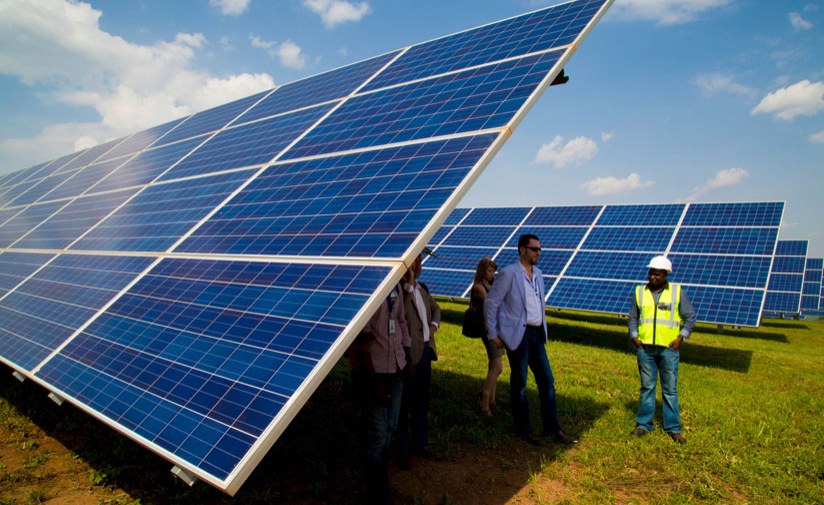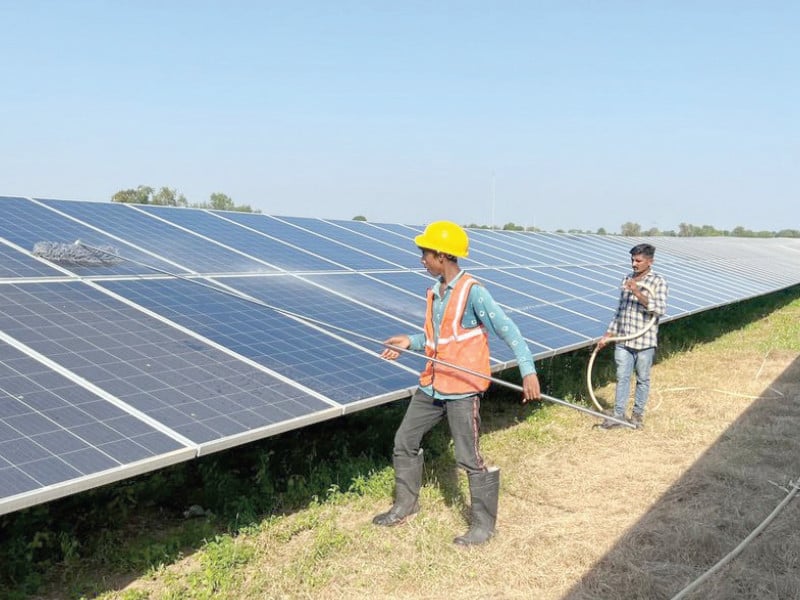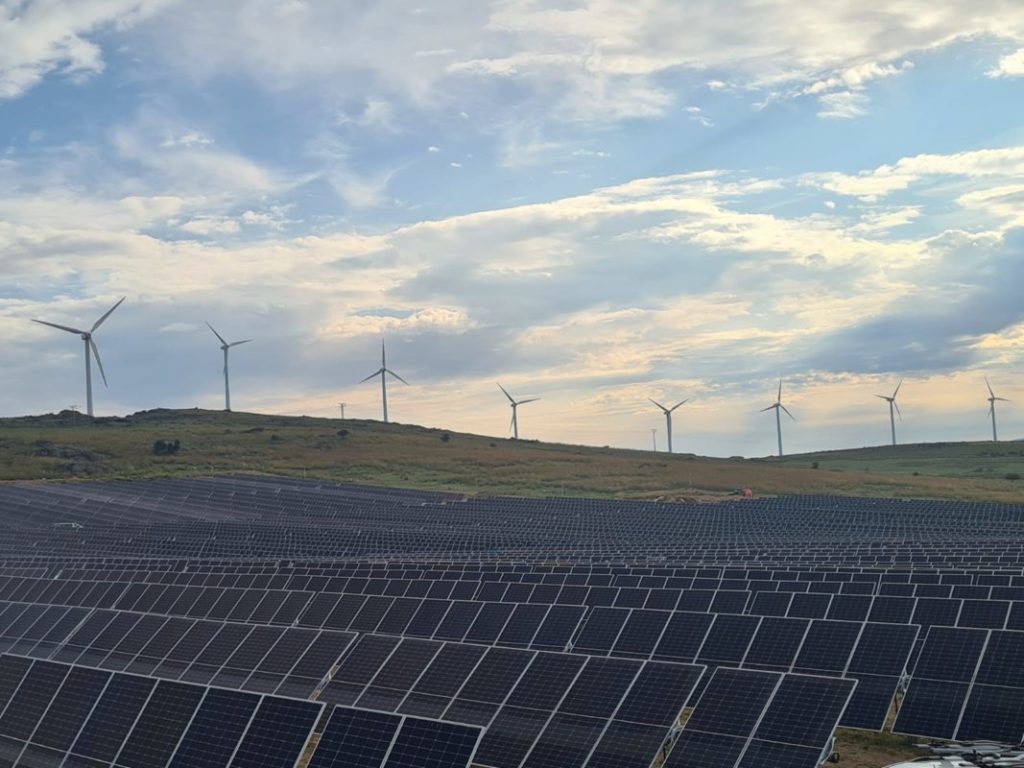Africa’s green economy is set to create up to 3.3 million direct jobs by 2030, according to a new report by Shortlist and FSD Africa, with analysis from the Boston Consulting Group. This comprehensive study, titled “Forecasting Green Jobs in Africa,” highlights the growing potential for job creation across 12 key green sub-sectors, with a strong focus on renewable energy, particularly solar power.
Solar Energy Leads Job Creation
The report underscores the significant role of the renewable energy sector, especially solar energy, in driving job creation. Solar energy alone is projected to generate up to 2 million jobs, representing 70% of the total green jobs anticipated by 2030. South Africa and Kenya are expected to see the highest job creation in the solar energy sector, with projections of 140,000 and 111,000 jobs respectively.
This emphasis on solar energy is part of a broader trend within Africa’s energy market, where the shift towards sustainable energy sources is gaining momentum. Solar energy investments are rapidly increasing, aligning with green energy policies and the continent’s overall energy market trends.
Regional Breakdown of Green Jobs
The report provides detailed forecasts for five key countries: South Africa, Nigeria, Kenya, Ethiopia, and the Democratic Republic of Congo (DRC). These nations account for over 22% of the new jobs expected by 2030. In South Africa, between 85,000 to 275,000 new green jobs are predicted, primarily in solar energy and agriculture. Nigeria is expected to generate between 60,000 and 240,000 green jobs, with aquaculture and poultry leading the way.
Kenya, another major player in Africa’s green energy market, could create up to 240,000 green jobs, with solar energy contributing the most. Ethiopia and the DRC are also forecast to see substantial growth in green job creation, particularly in hydropower, which is expected to lead the job creation efforts in both countries.
Skills Development and Economic Inclusion
A critical aspect of the report is the focus on the need for a skilled workforce to support Africa’s green energy developments. The study highlights that 60% of the jobs generated by the green economy will be skilled or white-collar roles, with 10% being highly specialized jobs requiring university degrees, and 30% needing vocational training or certification. This trend towards higher-paying, skilled jobs is expected to spur the growth of the middle class across Africa.
FSD Africa’s CEO, Mark Napier, emphasized the importance of investing in skills development to capitalize on these opportunities. He stated, “This report offers a practical methodology for forecasting green jobs, helping stakeholders understand where to invest to make these jobs a reality.”
Strategic Investments and Policy Recommendations
The report also outlines several strategies necessary for cultivating Africa’s green jobs ecosystem. These include targeted investments in high-potential sectors, fostering cross-sector collaboration, and developing comprehensive support policies for green energy sectors. Additionally, the study calls for further analysis to identify and address potential gaps in Africa’s skilled labor supply.
The findings serve as a crucial guide for policymakers, investors, and workforce developers, helping them align their strategies with Africa’s green energy ambitions. The report’s conservative analysis offers a realistic look at the near-term job creation potential, guiding immediate investments and policy decisions to ensure the right skills and workforce are in place to meet the growing demand.
As Africa continues to embrace green energy policies and solar energy investments, the continent is well-positioned to become a leader in sustainable job creation, driving economic growth and environmental sustainability in the years to come.
Source:africa.com





